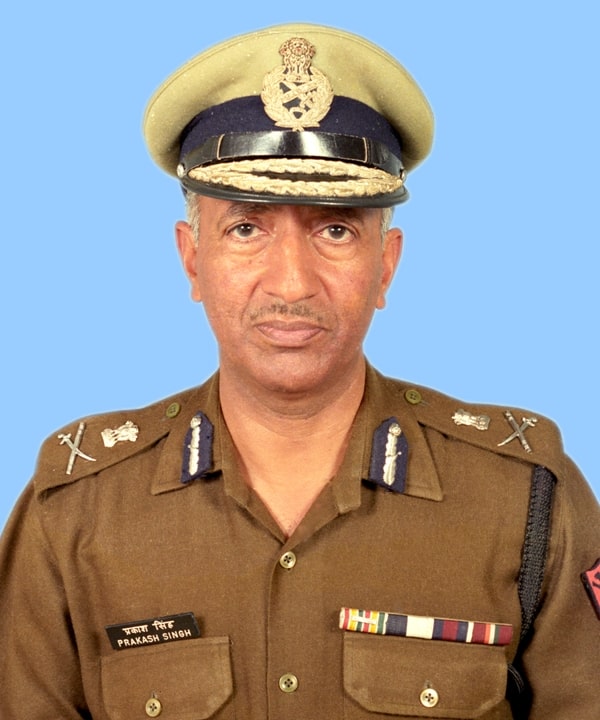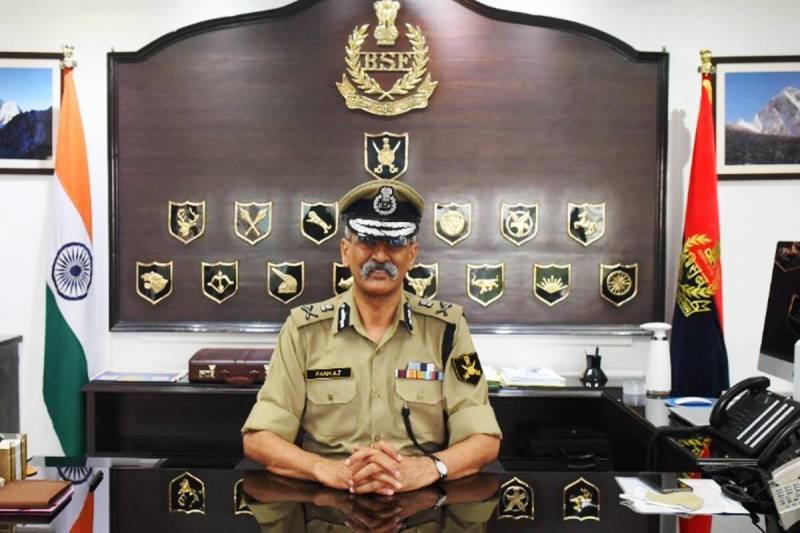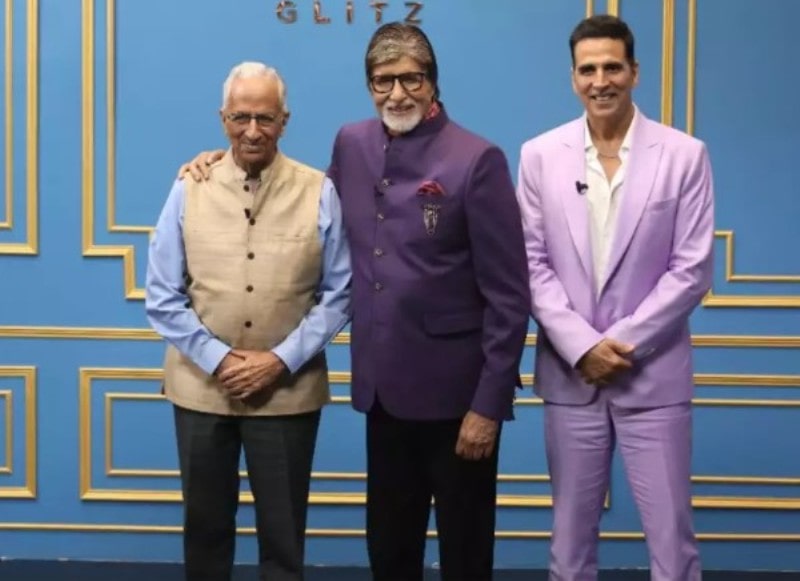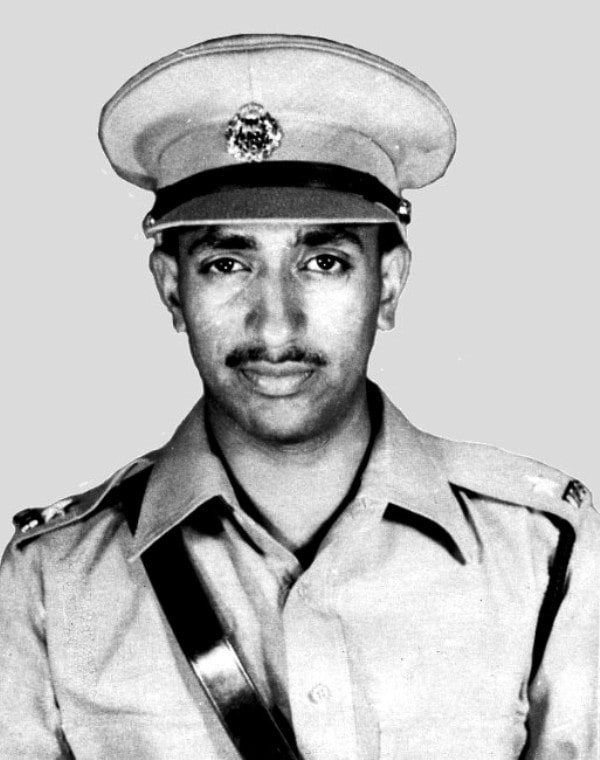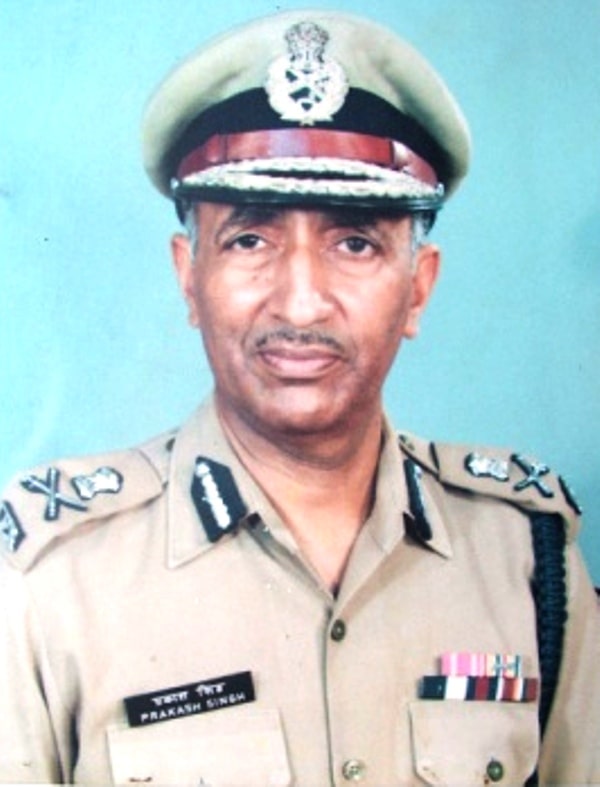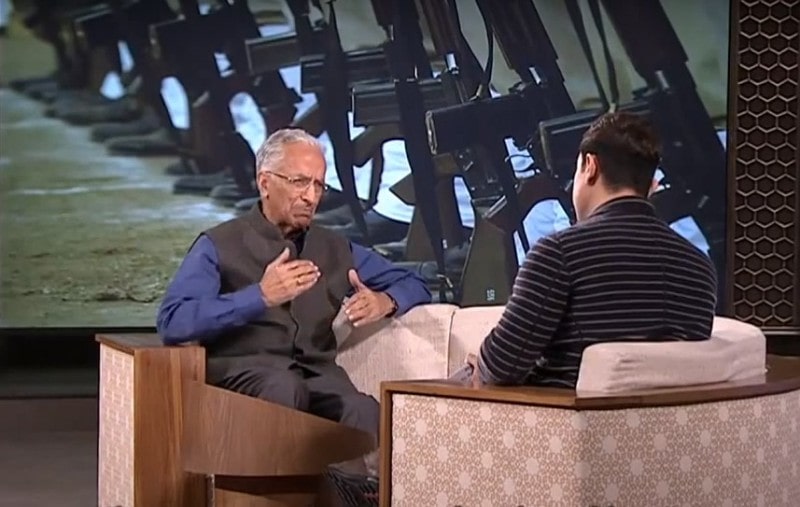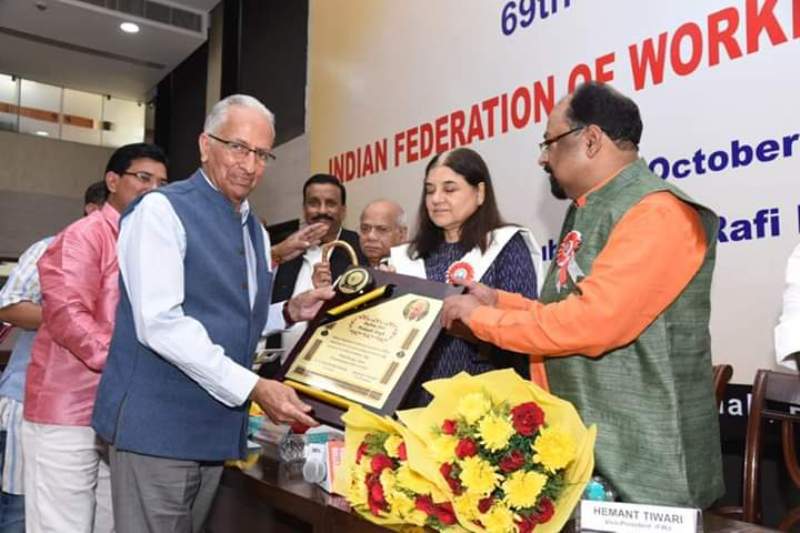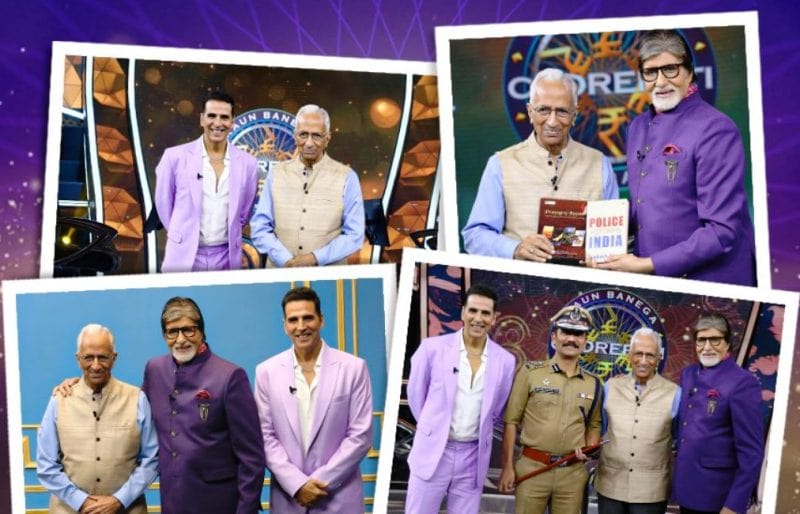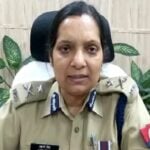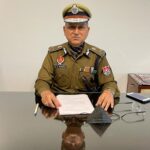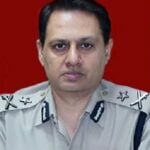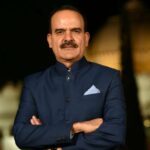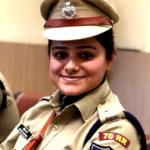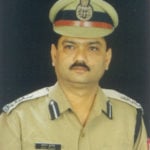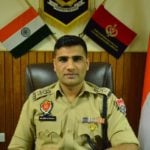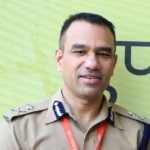DGP Prakash Singh Age, Wife, Family, Biography & More
Some Lesser Known Facts About Prakash Singh
- Prakash Singh is a former UP cadre’s IPS officer of the 1959 batch who has been pursuing the modernisation of the functionality of the police force in India post-retirement. He made headlines in December 2022 after he was invited to Kaun Banega Crorepati (KBC), a Sony TV game show.
- Prakash began his career as an IPS officer in 1959 when he was posted to Kanpur as an Assistant Superintendent of Police (ASP). He got promoted to the rank of Senior Superintendent of Police (SSP) later.
- Prakash served in Kohima from 1965 to 1968. There, he made several counter-insurgency tactics against Naga rebels, which resulted in a rapid decrease in the insurgency in Nagaland. Prakash Singh claimed that because of the success of the security forces, the Naga rebels issued an order for his assassination and announced a reward on his head. In an interview, while talking about it, he said,
It was a scary time. I remember the Naga militants had issued a farman for my death. The order was followed by a reward on my head. After that, it was a cat and mouse game.”
- Prakash was posted as the Border Security Force’s Punjab frontier’s Inspector General (IG) when the insurgency was at its peak in Punjab. There, he prepared and implemented a detailed counter-insurgency plan, which led to a sharp decline in the insurgency in the state. He is also attributed with having reduced the cross-border infiltration in Punjab with the construction of fencing along the International Border (IB) with Pakistan.
- He was later posted as Deputy Inspector General of Police (DIG) in Meerut.
- Prakash assumed the position of Director General of Police (DGP) of Assam Police in 1991. According to Prakash, he got fed up with the constant interference of the Assam government in police affairs and wrote a letter to the CM of Assam asking him to relieve him from his duties as a DGP. In an interview, while talking about it, he said,
I asked the CM, in writing, that please remove me. I can not function to my best capabilities because of the constant interference from the government.”
- On 22 July 1991, he was appointed as the DGP of UP Police for the first time. He, however, was removed from the position on 30 September 1992 as he did not act on the CM’s order to decrease the presence of the police force at Ram Janm Bhoomi in Ayodhya. After the Babri Masjid was demolished in Ayodhya, Prakash was once again appointed as DGP on 23 December 1992 but was removed on 8 June 1993. According to him, he was removed from the post after a few police officers complained against him to the Home Minister for suspending them as they were involved in corrupt practices. While giving an interview, he said,
I was summoned to Home Ministry, apparently, for taking strict actions against a few police officers who were corrupt. They grouped together and lodged a complaint against me to the HM. When I reached there, the HM fired on me but I firmly stood my ground. Later, he told me to leave as there was no point in talking, I saluted and left. While on my way back, my orderly was ready with my transfer orders and I was asked to hand over my charge to a new DGP in just two hours. They also tried to suspend me, but found nothing against me to suspend.”
During his tenure as DGP of UP Police, the UP Police conducted several successful anti-mafia operations.
- Later, Prakash was selected to attend a 4-month long administrative police course in Australia at the Administrative Staff College.
- Prakash served as the Director General (DG) of the Border Security Force (BSF) from 9 June 1993 to 31 January 1994 and undertook several modernisation drives to improve the operational capabilities of the force, especially in Jammu and Kashmir.
- In 1994, Prakash Singh superannuated from his service.
- Prakash filed a writ petition in the Supreme Court in 1996 seeking the implementation of the seven recommendations made by the National Police Commission in 1977. According to Prakash, the Indian police force functions on the British-era Police Act, enacted in 1861, thus, making the police force less efficient. The recommendations were – fixing a DGP’s tenure in every state so that the superannuating police officers cannot become a DGP, reduction of political interference by fixing the tenure of an Inspector General (IG), creating a State Police Complaints Authority (SPCA) to take disciplinary actions against police officials on public’s complaints, creation of State Security Commissions (SSC) that would include IAS, IPS, and PCS officials, establishing a National Security Commission (NSC) in the centre, improving the working of the police force in every state by passing state-specific investigation, law, and order policies, and managing the posting of police personnel through Police Establishment Board (PEB) to reduce the political interference. The Supreme Court delivered its judgement in Prakash’s favour in 2006 and ordered all the states to comply with the seven recommendations. As of 2021, only 18 states have complied with the order of the apex court. Prakash also claimed that to speed up the implementation of the court’s orders, he once tried to approach Prime Minister Manmohan Singh but was not allowed to do so by the NSA.
- As an expert in All India Civil Services officers’ selection, Prakash was employed by the Union Public Service Commission (UPSC).
- The Andhra Pradesh government asked Prakash to investigate the attempt made on CM Naru Chandrababu Naidu’s life in 2003. Prakash submitted the report to the state government on 6 February 2004.
- From 2007 to 2008, Prakash served in the Allahabad High Court-constituted committee on decriminalizing politics in Uttar Pradesh as chairman.
- The Planning Commission, in 2008, appointed Prakash as a member of the expert panel, which was tasked with studying the problems faced by the government in tackling extremism in India.
- Prakash served on the National Security Advisory Board as a member from 2013 to 2014.
- He was invited to a talk show titled Satyamev Jayate, which was aired on national television in 2014.
- He became the chairman of the Indian Police Foundation and Institute in 2015.
- In February 2016, after the violent Jat Reservation agitation in Haryana, the Haryana government asked Prakash to submit a report on the Role of Officers of Civil Administration and Police. He submitted his findings in a record time of 71 days. The Haryana government later asked him to stop his investigation and told him that he need not submit the second report on police reforms in the state. In an interview, while talking about it, he said,
The first report was on riots during the Jat protest on reservation and the second was to look into police reforms. However, the Haryana Government had given me in writing that it does not want the second report. The government has told me that they will implement the suggestions given by him in the first report and there was no need for another report. However, my first report was not comprehensive but on the acts of omission and commission of officials only.”
- At the Indian Federation of Working Journalists in New Delhi, Prakash was honoured with a certificate of appreciation by Maneka Gandhi in 2018.
- As an associate fellow, Prakash has also worked with the Joint Special Operations University (JSOU), which is situated in the US.
- As a member, Prakash has also worked with the Vivekananda International Foundation.
- He has also worked as a columnist for several newspapers.
- Prakash has penned many books like Irregular Warfare: The Maoist Challenge to India’s Internal Security, India’s Northeast: The Frontier in Ferment, Histoire du Naxalisme (French), Kohima to Kashmir: On the Terrorist Trail, The Naxalite Movement in India, The Struggle For Police Reforms In India: Ruler’s Police to People’s Police, etc.
- Prakash Singh made a guest appearance in the Sony TV game show Kaun Banega Crorepati (KBC) on 27 December 2022.

